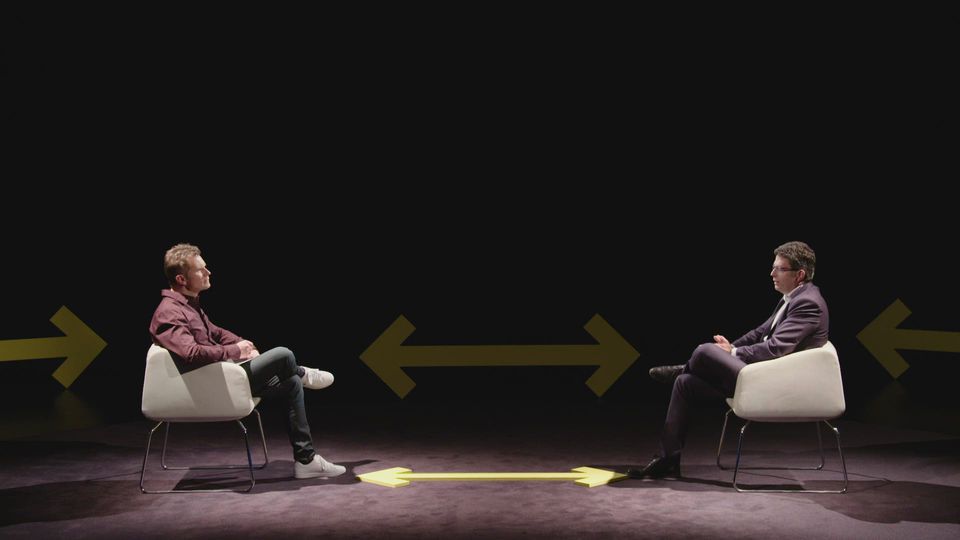Medical experts raised the alarm in January regarding the shortage of face masks and other personal protective equipment (PPE) for hospitals should the coronavirus, then spreading in China, should reach Belgium. But politicians failed to respond.
That was just one of the claims made in a VRT programme shown on Thursday evening, which brought together seven major figures to discuss the beginnings of the crisis and the way it was handled.
The group involved medical experts Marc Van Ranst, head of the lab at Leuven university that was charged with testing in the beginning; Erika Vlieghe, who now chairs the committee putting together an exit strategy from the lockdown; Steven Van Gucht, virologist and until last week the face of the daily announcement of the disease figures; intensive care specialist Geert Meyfroidt; Margot Cloet, who heads a network of care homes; Maggie De Block, federal minister for public health; and Jan Jambon, minister-president of Flanders and a member of the national security council.
The experts explained when they had first begun to suspect that a mysterious lung sickness in China could become a serious problem for Belgium and the rest of the world.
For Marc Van Ranst, that moment came when he first heard the word “coronavirus” mentioned. Van Ranst had experience with the SARS virus, another coronavirus, and knew that signalled trouble.
Steven Van Gucht was interested when news of the virus came out of China, but was not worried. It was only when the Chinese authorities had two complete hospitals constructed in a matter of days that he knew something was amiss.
“There were several thousand cases in China at the time. But by Chinese standards, and if you compare that to the flu numbers, that's actually only a small number. Then we saw that reaction from the Chinese. That was the moment when I really thought, What's going on there? This is very serious.”
Jan Jambon admits he underestimated the risk from tourists returning from China to Europe, not to mention the chain reaction of tourists returning from newly-infected places in Europe.
“Had we known beforehand that so many holidaymakers would bring the virus to our country, we would have tackled it differently,” he said. “We would have tested and quarantined people. But it is always easy to be wise after the fact.”
For Geert Meyfroidt the realisation came thanks to news from Italy rather than China.
“I received very disturbing messages from good friends in Italy,” he explained.
“They told me their health system was collapsing. That's when I got really scared. I got the feeling it was going to be a huge blow to us too.”
“The regions affected in Italy actually have good health care,” said Maggie De Block . “But then those images came in of the overcrowded hospitals, and the panic in the region. We knew then that we should not only prepare our hospitals, but also take measures to slow down the spread of the virus. The famous lockdown measures were born.”
The entire programme (in Dutch, no subtitles) can be viewed here.
Alan Hope
The Brussels Times

